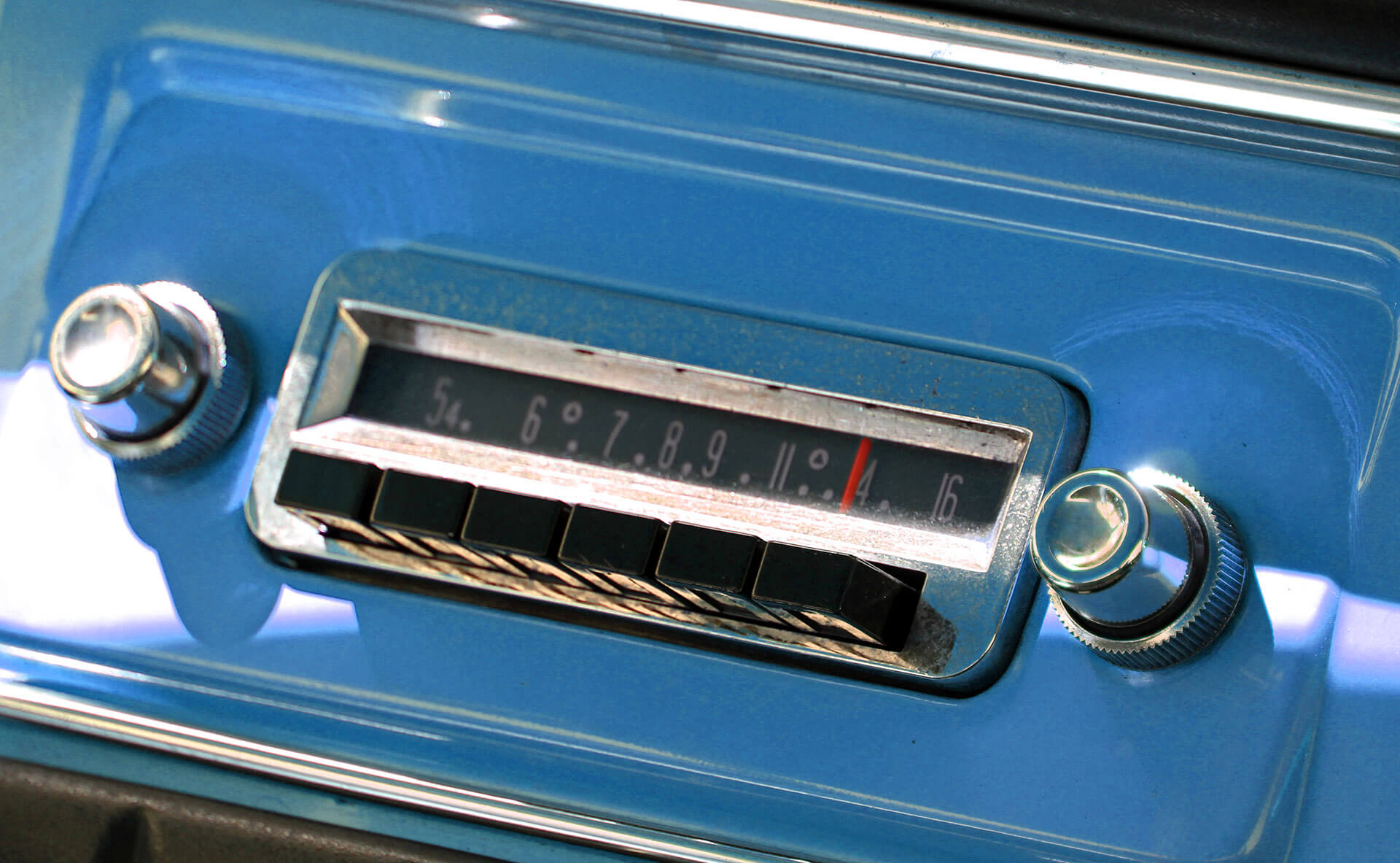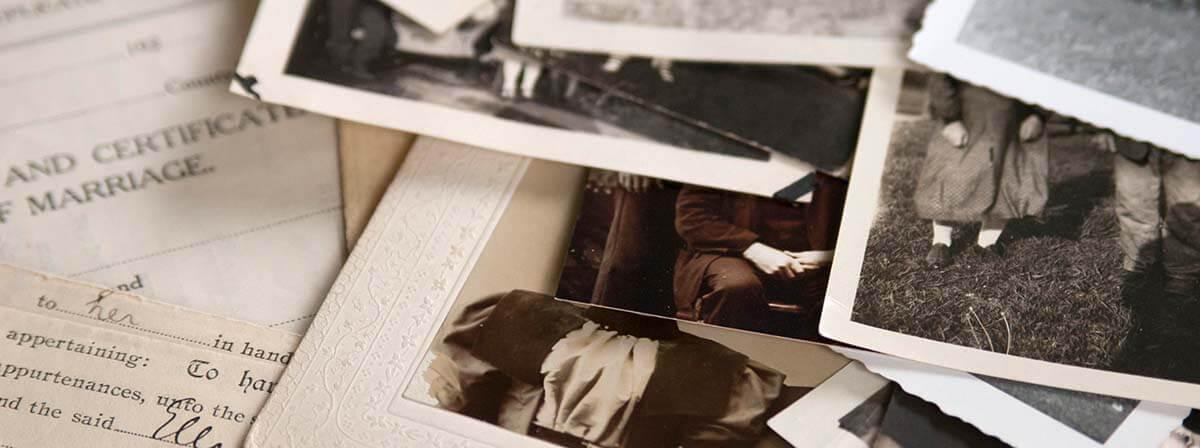
Conjuring up a Memory Wave
Have you ever heard a song on the radio and found yourself transported back to an old memory of yourself driving in the countryside many years ago? Or maybe you are eating your favorite dish at a restaurant and magically remember a special date you had with a past boyfriend where you ate the exact same dish for the first time?
If this sounds familiar, it is because humans are hardwired to react to external stimuli as a means of memory generation. Hidden away in our neurons and grey matter are pathways to moments locked in time. The challenge is how to remember childhood memories?
Learn why certain smells, sounds, and triggers can help you recall old memories, and why it can be so difficult to remember old memories.
”Neuroscientists have discovered that when someone recalls an event a representation of the entire event is instantaneously reactivated in the brain that often includes the people, location, smells, music, and other trivia."
The Palace of Memories
In a new study from University College of London (UCL), neuroscientists discovered that when someone tries to remember a singular aspect of an event from his or her past – such as a recent birthday – a complete representation of the entire scene is reactivated in the brain like pieces of a jigsaw puzzle coming together to create a vivid recollection.
This idea is not new. The ancient Greeks used to have memory competitions called ‘The Palace of Memories.’ The idea was that all memories are associated with multiple concepts and so in the palace of memories each room would have a range of topics which the competitor would visualize. When trying to recall the memory, the ideas that were closely associated to one another help tell the story. To this day, memory specialists work to create connections in their brain in order to better recall events and experiences.
Triggering Memories with Retrieval Cues - Smells, Music, and More
There are three stores of memory: sensory memory, long-term memory (LTM), and short-term memory (STM). The reason smells, music, familiar sounds, and objects can help the brain retrieve memories is because they get stored in sensory memory that triggers long term memories through association. For example, you may smell baking bread and think of eating breakfast in your mother’s kitchen.
The same is true of visual stimuli. When you see an antique in a store, for example, it may remind you of something that was in your grandmother’s home. When you see it, you may find yourself momentarily transported to a time years ago when you used to visit your grandmother’s home as a child.
What is incredible about sensory memory is that you do not actually have to smell baking bread to imagine the smell of the baking bread in your mother’s kitchen. When you do imagine it, though, more about the kitchen and your relationship with your mother comes to mind. This is an amazing way to trigger your memories when attempting to tell stories from your past. One memory can lead you to another, and before you know it you are reminiscing about holidays or school-time capers that may have gone by the wayside for years.
How to Recall Old Memories Using The 5 W’s
One way to trigger memories is to use the 5 W’s – Who, What, Where, When, and Why.
Let’s say you are recalling the wedding of your brother. When you remember who was associated with the memory of the day, you can tell the story of your father who officiated at the wedding even though he had been diagnosed with dementia. When you remember what happened, you can describe the fact that they had decided to hold the wedding outside in the rain. When you recall where it was, you can describe the lawn outside the country house with the gorgeous weeping willow, under which your brother and his bride tied the knot.
When you remember when it was, it evokes memories of the warm summer breeze and the fact that your nieces and nephews also had birthdays around that time of the wedding. And finally, when you recall why they were getting married, you can tell the story of how they met and fell in love.
This process of recall works for any event or experience filed away in your memory bank. There may not always be 5 W’s to talk about, and sometimes you may want to substitute one of the W’s for a question like “how?” If you are stuck with where to start with your recall, the 5 W’s are always at hand to help.


